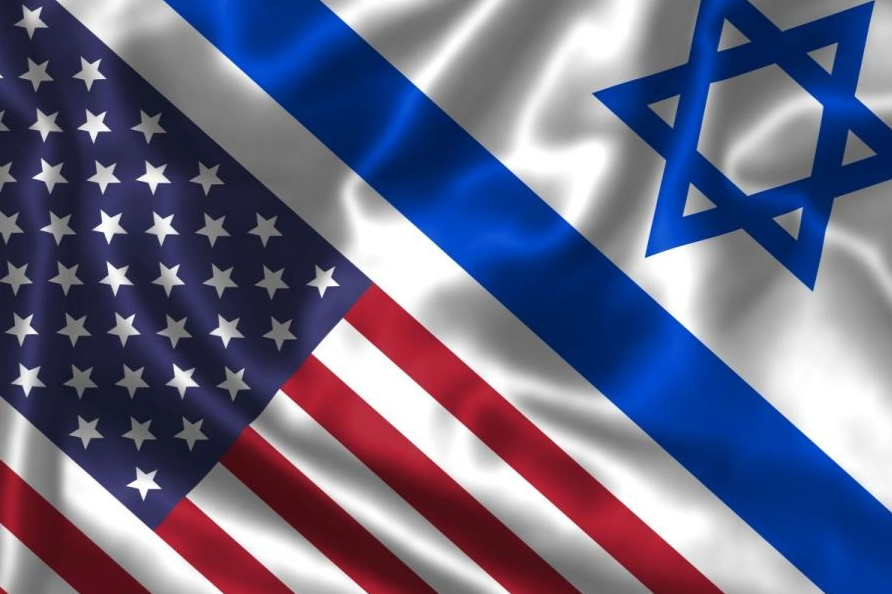Paris to close all bars for two weeks from Tuesday

Paris is placed on maximum COVID-19 alert on Monday, forcing bars, swimming pools and sports centers to shut down for two weeks, while restaurants have to put in place tougher sanitary rules to stay open, Prefect of the Paris Police Didier Lallement said.
"This morning, we are taking a new step (...) The epidemic is circulating too fast. We must brake it now before the healthcare system is overwhelmed," Lallement told reporters.
With no improvement in sanitary indicators in the capital and surrounding areas, bars would close from Tuesday, the Paris prefect announced.
He added restaurants would be allowed to stay open, provided they respect stricter rules, including registration of all guests on a track and trace system, maintaining social distancing and shutting down at 10 pm at the latest.
Gyms and swimming pools would be closed, except for schools activities. Entertainment facilities including circus, dance clubs, trade shows are banned.
Meanwhile, theatres, cinemas and museums will remain open, provided they strictly apply the health protocols already in place. All outdoor facilities, such as stadiums, may remain open for less than 1,000 people.
Universities in Paris and three surrounding departments would halve capacity of their lecture halls, while online courses would be developed.
Reinforced restrictions would be imposed for the next two weeks, Lallement noted, adding that the authorities would decide whether to extend these rules following an assessment of sanitary indicators on Oct 20.
"We are constantly adapting to the reality of this epidemic, the reality of the virus, and we must continually find a balance between the health of our fellow citizens and the reality and necessity of economic and social life," he said.
In Paris and surrounding areas, there were 260 infections per 100,000 inhabitants by the end of September. An average of 3,500 new infections were reported every day, while 36 percent of intensive care beds were occupied by coronavirus patients. Some 203 clusters are still active, said Aurelien Rousseau, head of the regional health agency of Ile-de-France, the great Paris region.
"The impact of the epidemic on the hospital system is real. The pressure on human resources is extremely strong," Rousseau warned, reiterating the necessity to respect barrier gestures and social distancing.
For a city to be placed on maximum alert, the incidence rate must exceed 250 infections per 100,000 among the general public, while at least 30 percent of intensive care beds are reserved for coronavirus patients.
"The health crisis is not over, it is even starting again. We must all together give ourselves the means to ensure that it does not get worse," Prime Minister Jean Castex said during a visit to Auvergne-Rhone-Alpes, southern France.
"This health crisis is likely to last for long time. We must learn to live with this virus and to contain it," he added.
On Sunday, France confirmed 12,565 new infections with the respiratory illness, bringing the cumulative number of positive cases to 619,190.
The coronavirus-related deaths totalled 32,230, while over 4,264 additional patients were hospitalized over the last week.
Xinhua contributed to this story


































